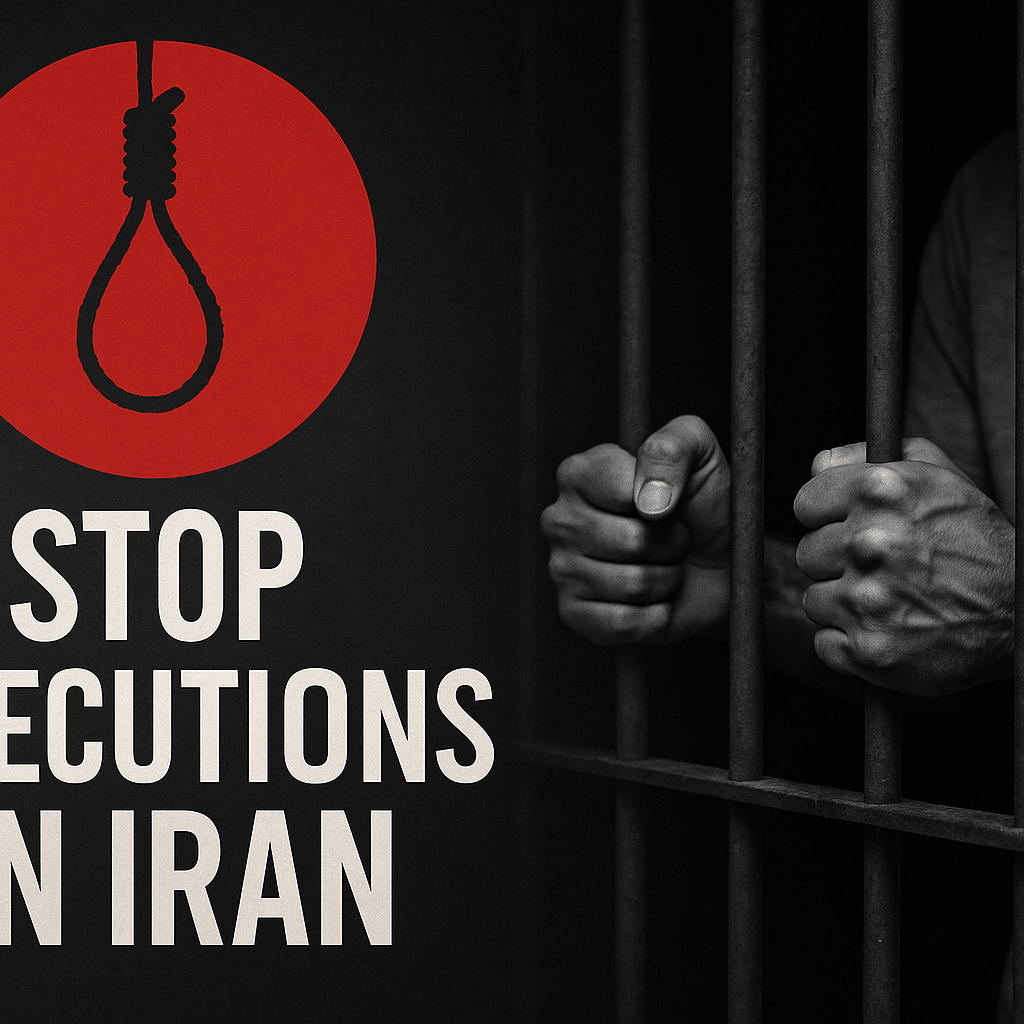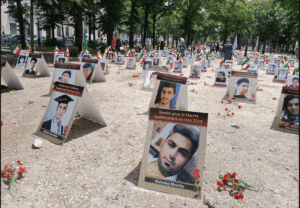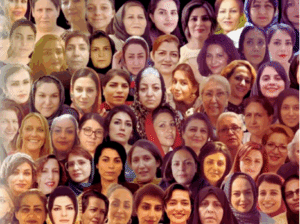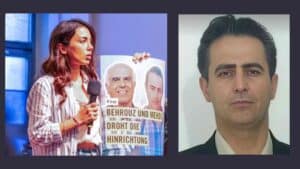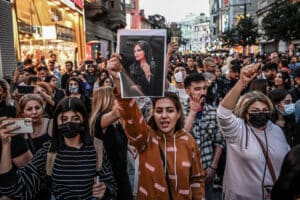Saving the lives of political prisoners transferred from Evin Prison
The situation for political prisoners in Iran is dire, reaching a critical point after a missile strike on Evin Prison. Exploiting the ensuing chaos, the Iranian regime has launched a calculated campaign of disinformation, forced transfers, and potential enforced disappearances, pushing already vulnerable detainees into further peril.
In the critical 48 hours following the strike, contact with numerous political prisoners was severed, leading to grave concerns for their safety and whereabouts.
Secret transfers and deplorable conditions
Confirmed reports reveal that at least seven women political prisoners were secretly transferred to Qarchak Prison in Varamin, a facility notorious for its brutal and inhumane conditions. Simultaneously, other detainees—both women and men—were moved to Tehran’s Grand Prison (Fashafouyeh), known for its catastrophic living standards and isolated desert location.
From the onset of this crisis, Verein Welle has been at the forefront, issuing urgent alerts, publishing visual calls for action, and diligently gathering testimonies from families. Our relentless efforts aim to halt what appears to be a systematic attempt to isolate, silence, and gradually eliminate political prisoners under the guise of conflict.
Qarchak prison: A living hell on earth
Qarchak Prison is widely recognized as one of the most brutal facilities in Iran, condemned even by former detainees. Kylie Moore-Gilbert, a former hostage held there, starkly described it as “unfit for human habitation.” The conditions are appalling: no proper beds, inadequate toilets, severely limited medical access, and virtually no ventilation. Women are crammed into what resembles a converted basketball court, deprived of any privacy and surrounded by individuals charged with violent crimes.
“The hygienic conditions are catastrophic, and detainees face severe psychological and physical trauma.” — Kylie Moore-Gilbert
A chilling 20-second call received 48 hours after the missile strike by a family member brought the horrific reality into sharp focus:
“While the outside world thought the conflict was easing, seven of us—aged between 20 and 75—spent the night in Qarchak. There are no basic facilities, no clean clothes, no treatment. Most of us are sick. For us, the war never ends. We just wish, for once, to be on the winning side.”
Fashafouyeh (Tehran’s Grand Prison): isolation, neglect, and the risk of death
Other detainees have been forcibly moved to Tehran’s Grand Prison, situated in an arid, isolated desert area south of the capital. This facility shockingly lacks even the most fundamental infrastructure: clean water, sufficient food, basic sanitation, healthcare, safe sleeping spaces, and legal communication.
The prison’s construction remains incomplete, with inmates housed in severely overcrowded cells devoid of windows or proper air circulation. It functions more like a temporary military camp than a legitimate detention center. Access to lawyers, family visits, and crucial medical attention has been deliberately blocked, raising immense concerns for the well-being of those transferred.
These deplorable conditions amount to a slow-motion execution—a particularly terrifying reality for older prisoners, those with pre-existing health conditions, and women held in complete isolation.
📷 Watch the Instagram call to action
The disappeared: a haunting echo from the past
The threat of enforced disappearance in Iran is not merely theoretical; it is a grim reality. Harrowing cases like those of Ali Younesi, Bijan Kazemi, and Dr. Ahmadreza Djalali remain tragically unresolved. These individuals vanished into Iran’s oppressive prison system, with little to no public accountability or transparency regarding their fate. Their exact locations and conditions are still unknown, leaving families in agonizing limbo.
We urgently fear that more names will be added to this tragic list unless immediate and decisive international pressure forces the Iranian regime to change its current trajectory. The silence surrounding these disappearances is deafening, making global awareness and pressure our most potent weapons. You can learn more about these cases and our efforts to find answers here.
Public exposure: the first line of defense against atrocities
The Iranian regime thrives on secrecy and operates in the shadows. Exposure, thorough documentation, and widespread global awareness are the most powerful tools we possess to prevent further atrocities and save lives. Verein Welle remains dedicated to collecting vital testimonies, publishing emergency alerts, and amplifying the voices of political prisoners and their anguished families.
We issue an urgent and resounding call to media outlets, civil society organizations, diplomatic bodies, and the general public: raise the alarm—loudly and urgently. Every shared story, every spoken word, every act of solidarity contributes to breaking the regime’s wall of silence. Learn more about our ongoing efforts and statements here.
Our immediate demands for Iran’s political prisoners
Verein Welle urgently calls for:
- An immediate visit by the UN Fact-Finding Mission and Special Rapporteur to Qarchak, Fashafouyeh, Tehran Grand Prison, and Evin.
- Publication of the full list of all transferred political prisoners and their current, verified whereabouts.
- Immediate provision of comprehensive medical care and unrestricted legal access for all detainees.
- Unconditional release of all political prisoners, especially those in acute danger due due to their age, health, or isolation.
- Increased international diplomatic pressure to end the systemic use of torture, enforced disappearances, and widespread abuse in Iranian prisons.
- Robust support for exposure campaigns, meticulous documentation efforts, and vital legal aid programs dedicated to these prisoners.
